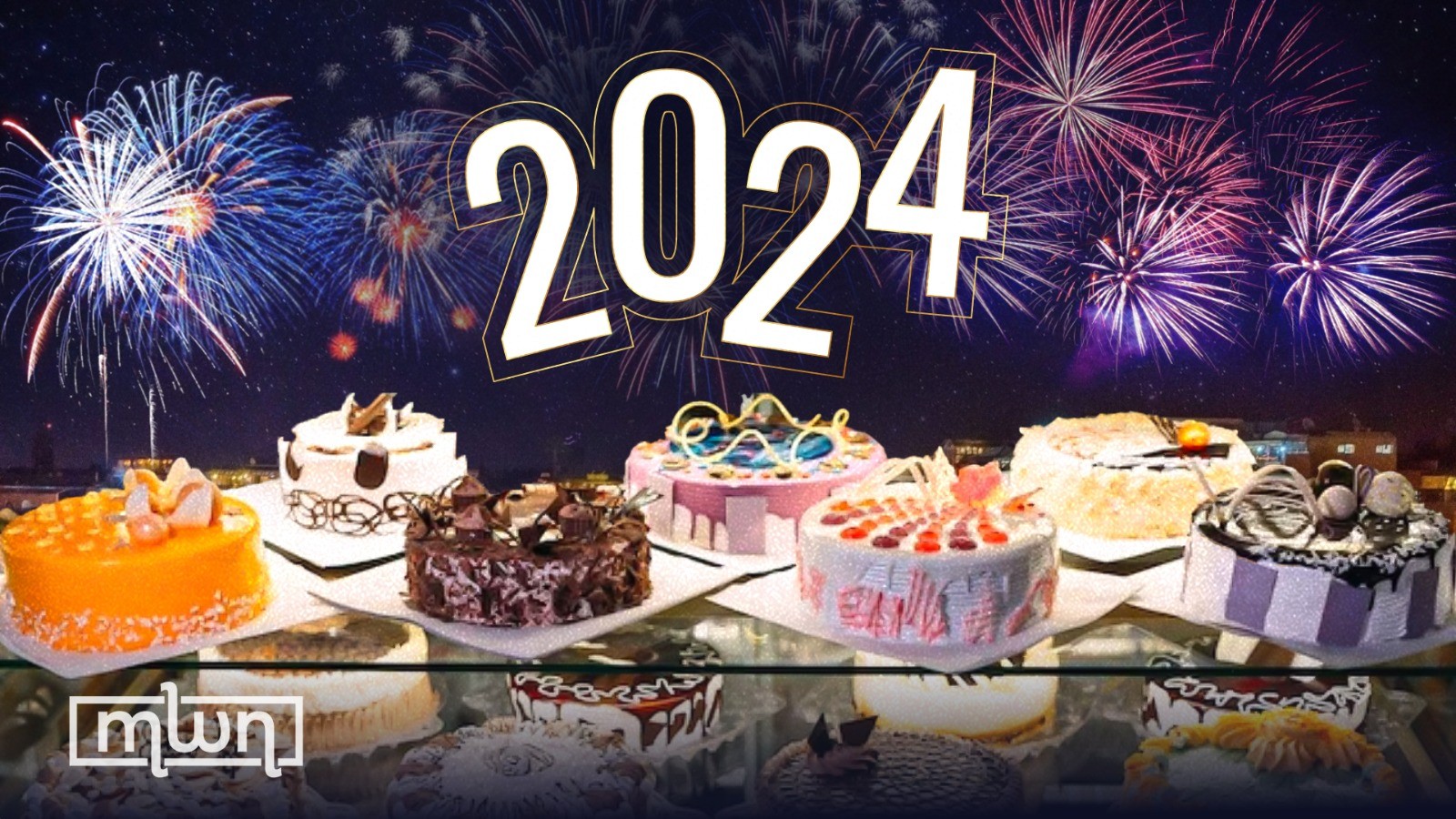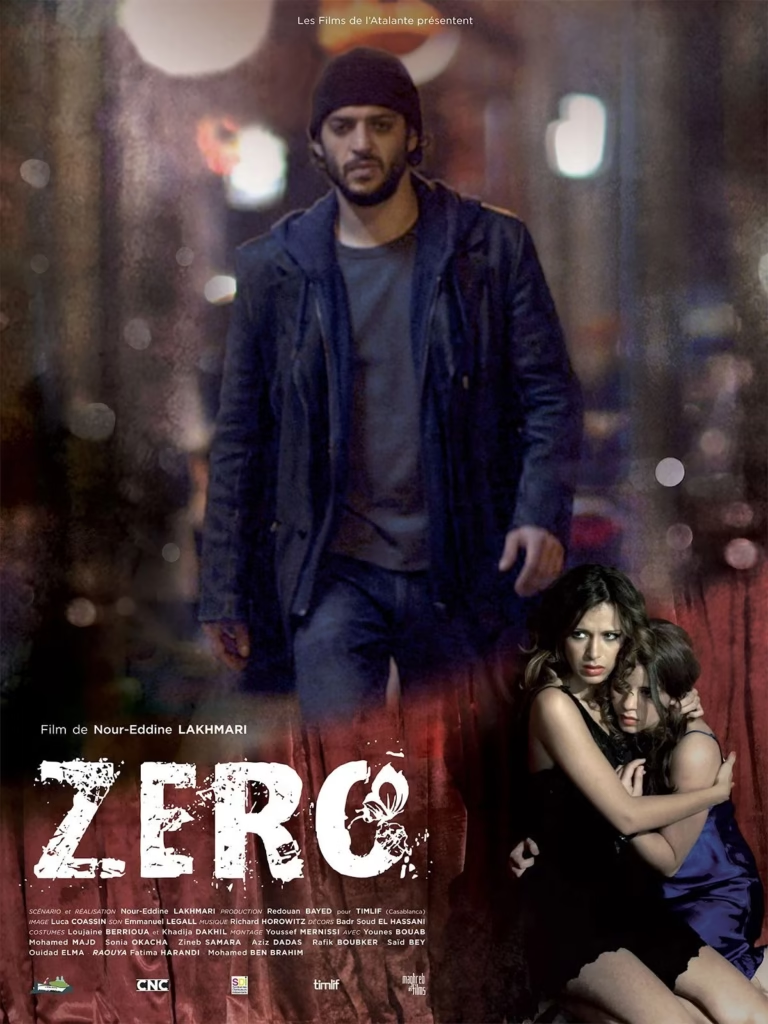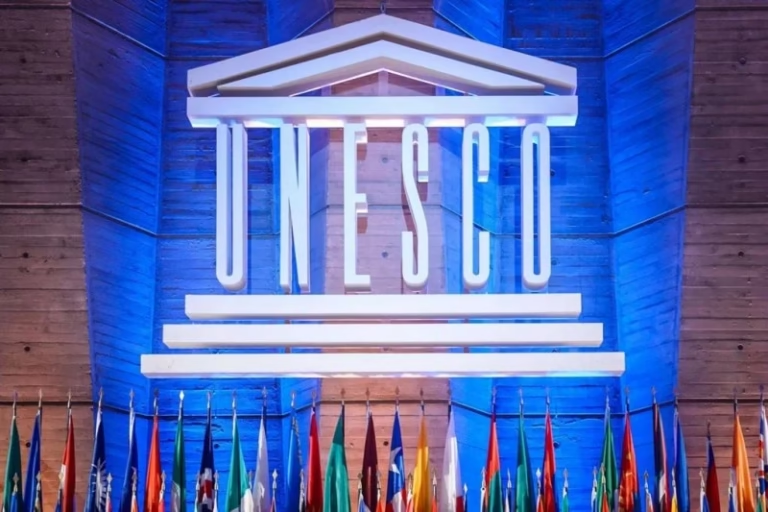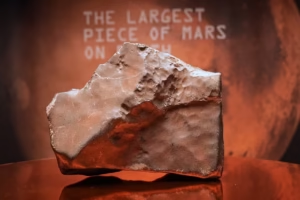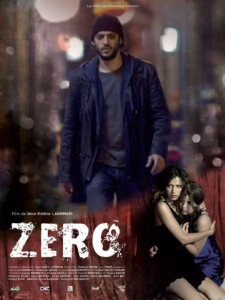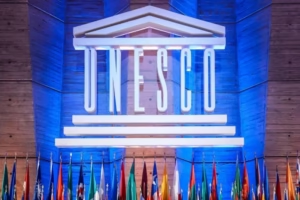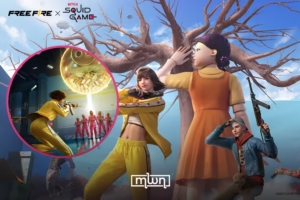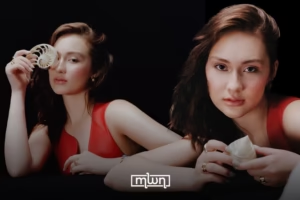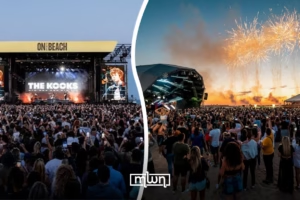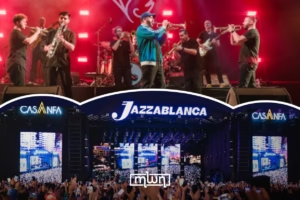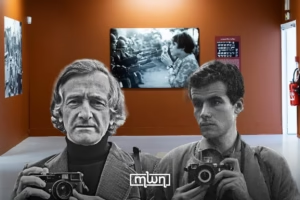During this time of the year, bakery fridges across Morocco, even vendor carts set up in the open air are adorned with different shapes of cakes, particularly Yule log or “buche de Noel” — the colorful and creamy cakes that are frequently served during Christmas or New Year celebrations worldwide.
Bakeries across the country sell similar cakes, which are heavily sold by both Moroccans and non-Moroccans. The cake prices differ according to the shape and the quality. But a buyer can secure a cake enough for six individuals at prices ranging between MAD 100 and MAD 200 from a respected bakery across the country.
Prices can hike depending on the place, the location, and the brand. In local streets, you can also find pastries designed especially for the New Year, with prices below MAD 40.
But the question remains whether Moroccans really celebrate New Year’s eve or not.
Morocco World News (MWN) received a wide range of answers from different people on whether or not they celebrate New Year. But the overall response was a “no.”
Abdellatif Lahouiri, one of the people who spoke to MWN about the New Year celebrations, said he would never celebrate this particular festival as it is not part of the country’s customs.
“Which celebrations are we talking about? I don’t celebrate that. I only celebrate religious celebrations, like the Prophet’s birthday [Mawlid Al-Nabawi].. I don’t celebrate … those who celebrate, the best among them all spend the night at police stations… I am not one of them,” he said.
Lahouiri, who is a retired employee, said that this particular time is not the right time for any celebrations, recalling the situation in Gaza.
“We are Muslims… They have their religion and they have ours. This is cited in the Quran, but we turn a blind eye,” he added.
Oumayma shared the same sentiment as Lahouiri, saying that she does not celebrate the New Year because of religion.
“I don’t celebrate the New Year because we are Muslims here:… We are Moroccan Muslims, but I respect people that celebrate the New Year and I respect all opinions,” she told MWN.
Read also: Gen-Z Fashion: Chaos and Wild Creativity
Najm Eddine Sigue shared the same opinion, stressing that he is against celebrations.
“As a Muslim country, this is a custom that is not in line with our religion.. We only celebrate Eid Al Adha and Eid Al Fitr,” he told MWN, going on to question why Moroccans even bother to celebrate it in the first place..
“Are you a Christian? If you are a Muslim, then this would only represent a normal day for you,” Sigue said.
He also referred to Christmas, saying that Christians use this occasion to celebrate the birth of Jesus, who they consider to be the incarnation of God.
“Celebrating it would mean that you acknowledge Jesus as God, he is not.. He is a prophet,” the speaker added.
While many would share the same view, others can either acknowledge that they celebrate New Year or keep it personal.
Many also choose to buy a cake and celebrate the New Year’s eve in a family reunion with television on Moroccan channels that air special events called “Hafl Rass Sana” or the “New Year’s Eve feast,” starring Moroccan singers from all backgrounds.
Many memes and satirical posts are viral online, showing how many people are expected to spend the New Year “celebrations.”
The memes usually show photoshopped or edited videos, showing regular citizens covered in blankets while enjoying the televised feasts.
Many others also choose traveling to major destinations as a means to celebrate the New Year.
The New Year eve is often linked to tourism, with many choosing destinations like the city of Marrakech, Tangier, Fez, among others to celebrate the end and start of the year.
Morocco’s news agency stressed earlier this week that Marrakech has regained its “vibrancy” and begun to welcome tourists from different nationalities.
The news outlet stressed that hundreds of tourists have been arriving since last week.

